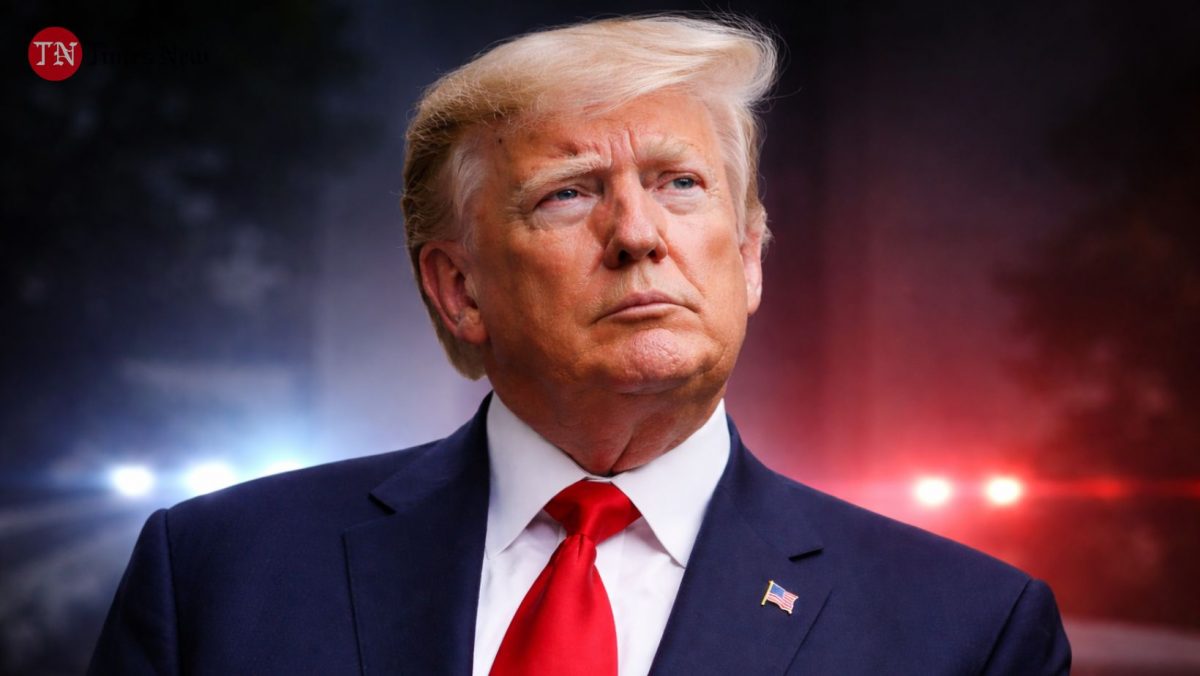
Several leading pharmaceutical companies have announced sweeping price cuts and new direct-to-consumer sales models in the United States, following President Donald Trump’s calls to lower prescription drug costs and bypass intermediaries such as pharmacies, insurers, and pharmacy benefit managers. The Trump administration is set to roll out a government-run website, TrumpRx.gov, in early 2026 to facilitate reduced-price sales of prescription medicines, aiming to address the soaring costs that leave U.S. patients paying nearly three times more than those in other developed countries.
Industry leaders including AstraZeneca, Pfizer, Eli Lilly, Merck, Novo Nordisk, Bristol-Myers Squibb, and Sanofi have unveiled significant pricing reforms and partnerships to offer cheaper access to vital drugs. AstraZeneca and Pfizer struck deals with the administration that combine deep discounts with temporary tariff relief, while Eli Lilly and Novo Nordisk are expanding online sales of popular weight-loss and diabetes treatments through telehealth collaborations. Merck agreed to sell fertility drugs at discounts of up to 84%, and Sanofi capped insulin costs at $35 per month for all U.S. patients.
Beyond individual companies, the industry’s main lobby group, PhRMA, plans to launch AmericasMedicines.com in January to help patients purchase drugs directly from manufacturers. Swiss drugmaker Roche and Denmark’s Zealand Pharma are also weighing similar approaches as part of broader negotiations with the U.S. government. Analysts say this shift could reshape the American pharmaceutical market by offering consumers cheaper, more transparent pricing and challenging the dominance of traditional middlemen in the healthcare supply chain.
Pic Courtesy: google/ images are subject to copyright









